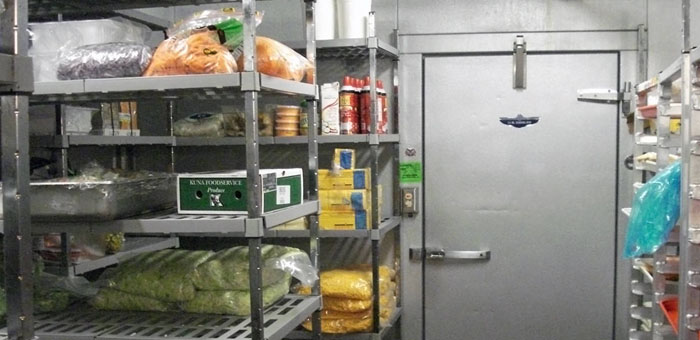Even if you single one or two person food truck, you will need to keep accounting records in order to file and pay taxes, and understand the financial workings of your mobile food business. Some of the accounting records you need to keep will be tracked daily, others will be kept weekly, monthly and quarterly.
Typical food truck accounting records:
- Daily: Closing out registers
- Weekly or bi-weekly: Sales, Payroll
- Monthly: Expenses (vendors)
- Quarterly: Taxes (payroll, sales)
How To Keep Accounting Records For Your Food Truck
Sales Totals
A food truck should keep records of its sales revenue after each shift as well as totals for each day. Even relatively simple POS systems will print reports tracking food sales in different categories such as entrees, appetizers and beverages, as well as sales-tax totals and amounts that customers pay in cash, checks and credit cards. Creating a spreadsheet that tracks totals in each category for each meal enables you to identify and prepare for busy shifts or parking locations and compare sales across different days.
Payroll
Your food truck cooks and servers depend on your payroll system provide weekly paychecks and withhold income and Social Security and Medicare taxes. Most food truck employees earn wages rather than salaries; multiply employee hours by their hourly wage to determine base payroll amounts. In some cases, service window staff are also liable for payroll taxes on income they earn in tips, so ask them to report their tip income on their time sheets.
RELATED: 5 Ways To Avoid Costly Food Truck Payroll Mistakes
Expenses
Adding up your food truck’s expenses will help you to determine how much you have actually earned. Keep all of your sales receipts, organize them by date and enter the totals in a ledger divided into columns that correspond to categories of expenses. Devote columns to food purchases, as well as payroll expenses, commissary rent, utilities (fuel, propane), advertising, maintenance and repairs. Calculate your total monthly expenses in each category and then add all of the categories to calculate your overall monthly expenses. Subtract your expenses from your revenue to determine your net profit.
RELATED: 10 Ways To Cut Food Truck Business Expenses
Taxes
Your food truck must periodically report sales and payroll amounts to various state, local and federal governments, and pay taxes on these amounts. Food truck sales are classified as retail sales, which are subject to local and state sales taxes in most states. Payroll amounts are subject to state unemployment insurance taxes. In addition, you must remit withheld federal payroll taxes along with your employer’s share of Social Security and Medicare taxes. As a food truck owner, you must also pay federal income tax annually based on your food truck’s net profit.
RELATED: 5 Tips To Get Your Food Truck Taxes In Order
What else do you include in your food truck accounting records? You can share your thoughts below or through social media. Facebook | Twitter




